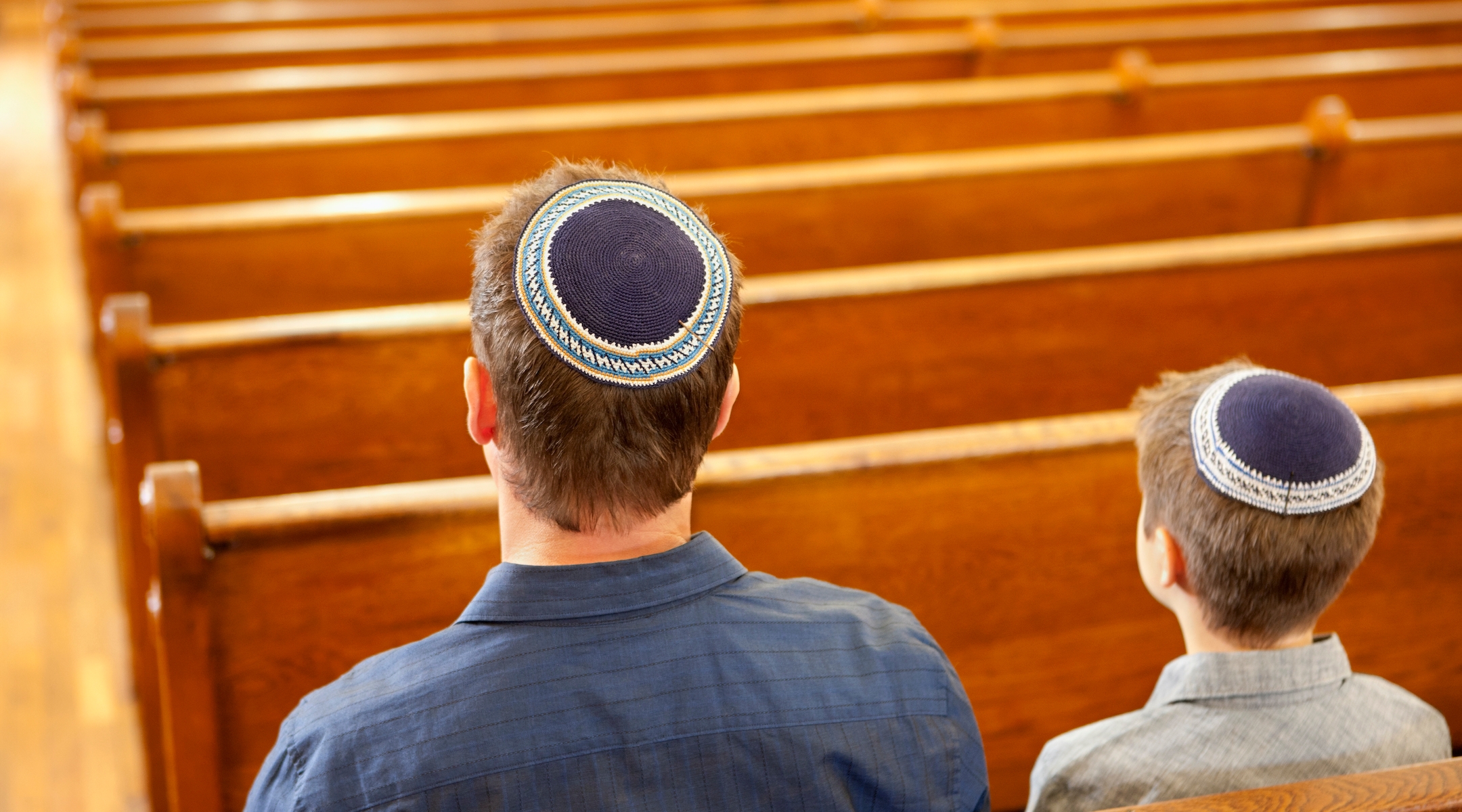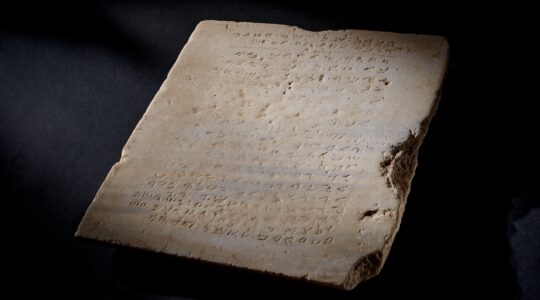(JTA) — During the pandemic, Jews have attended virtual services, read scripture or prayed less often than other Americans, and they have given charity and volunteered at higher rates.
Eighty percent of American Jews don’t want special exemptions for houses of worship to reopen — essentially the same percentage as Americans as a whole (79%) and American Christians (74%).
Those figures come from a new survey by the Pew Research Center, published Friday. It found that 17% of American Jews had attended virtual prayer services in the last month, as opposed to 33% of all Americans and 49% of Christians.
Before the pandemic, 61% of American Jews attended services in person with at least some regularity, as opposed to 57% of all Americans and 78% of American Christians.
Many American congregations, including many synagogues, have transitioned to virtual services. But Orthodox Jews, who attend services at the highest rates regularly, cannot hold services on Shabbat online because of prohibitions on the use of technology.
The survey found that 57% of Jews have donated to or volunteered with a charity during the pandemic, as opposed to 38% of all Americans. Over a third of Jews have helped friends and neighbors with errands and childcare, essentially the same rate as Americans overall.
In addition, 36% of American Jews have prayed at least weekly during the pandemic and 20% have read scripture, as opposed to 55% of Americans overall who have prayed weekly and 29% who have read scripture weekly. Like Americans as a whole, large majorities of Jews have gotten through the pandemic by watching movies and TV, going outdoors or talking to friends and family on the phone or via video.
The study was conducted July 13 to 19, and surveyed 10,211 U.S. adults, including 250 Jews. The overall margin of error was 1.5%, while the margin of error for Jews was 8.8%.

Help ensure Jewish news remains accessible to all. Your donation to the Jewish Telegraphic Agency powers the trusted journalism that has connected Jewish communities worldwide for more than 100 years. With your help, JTA can continue to deliver vital news and insights. Donate today.






